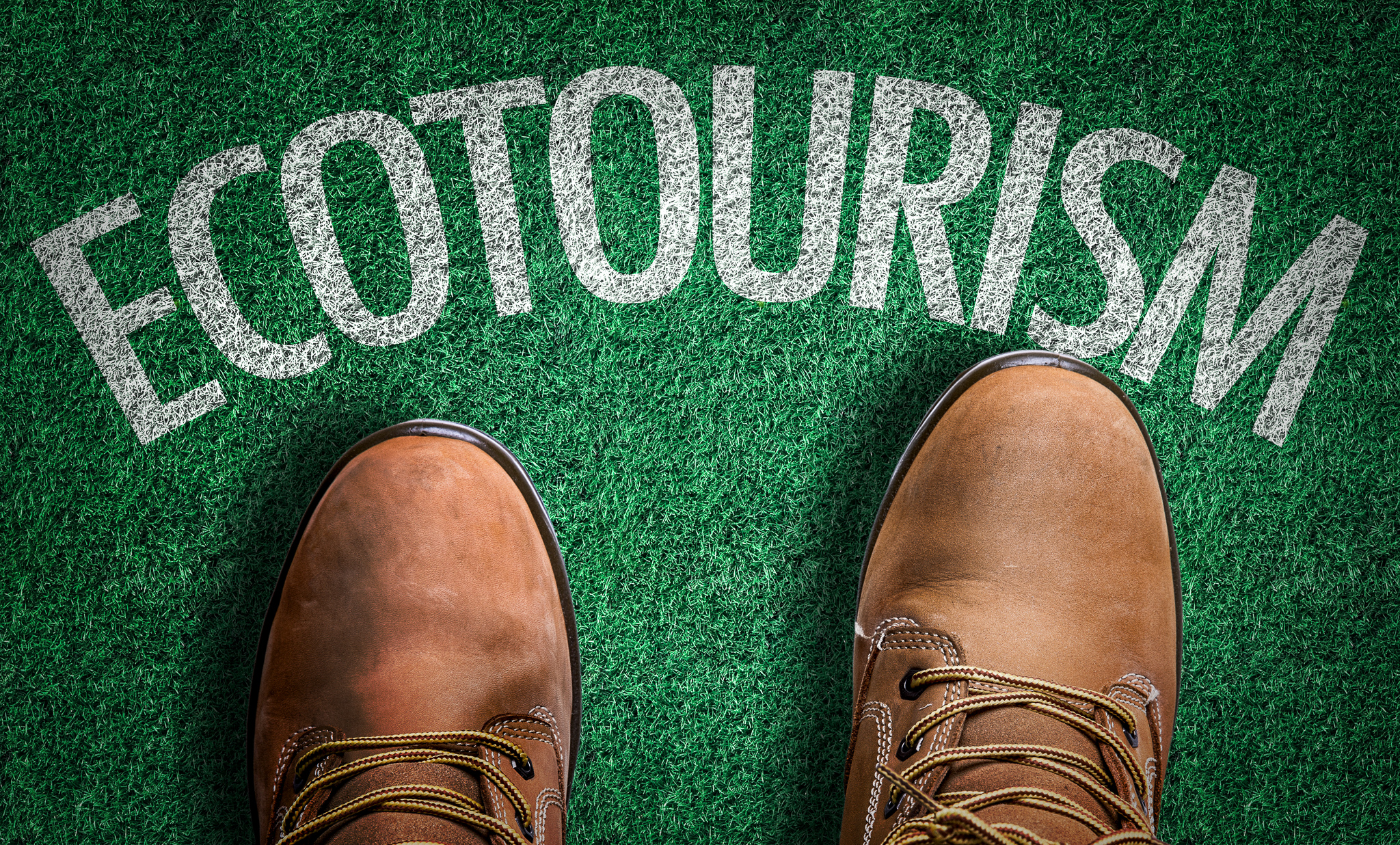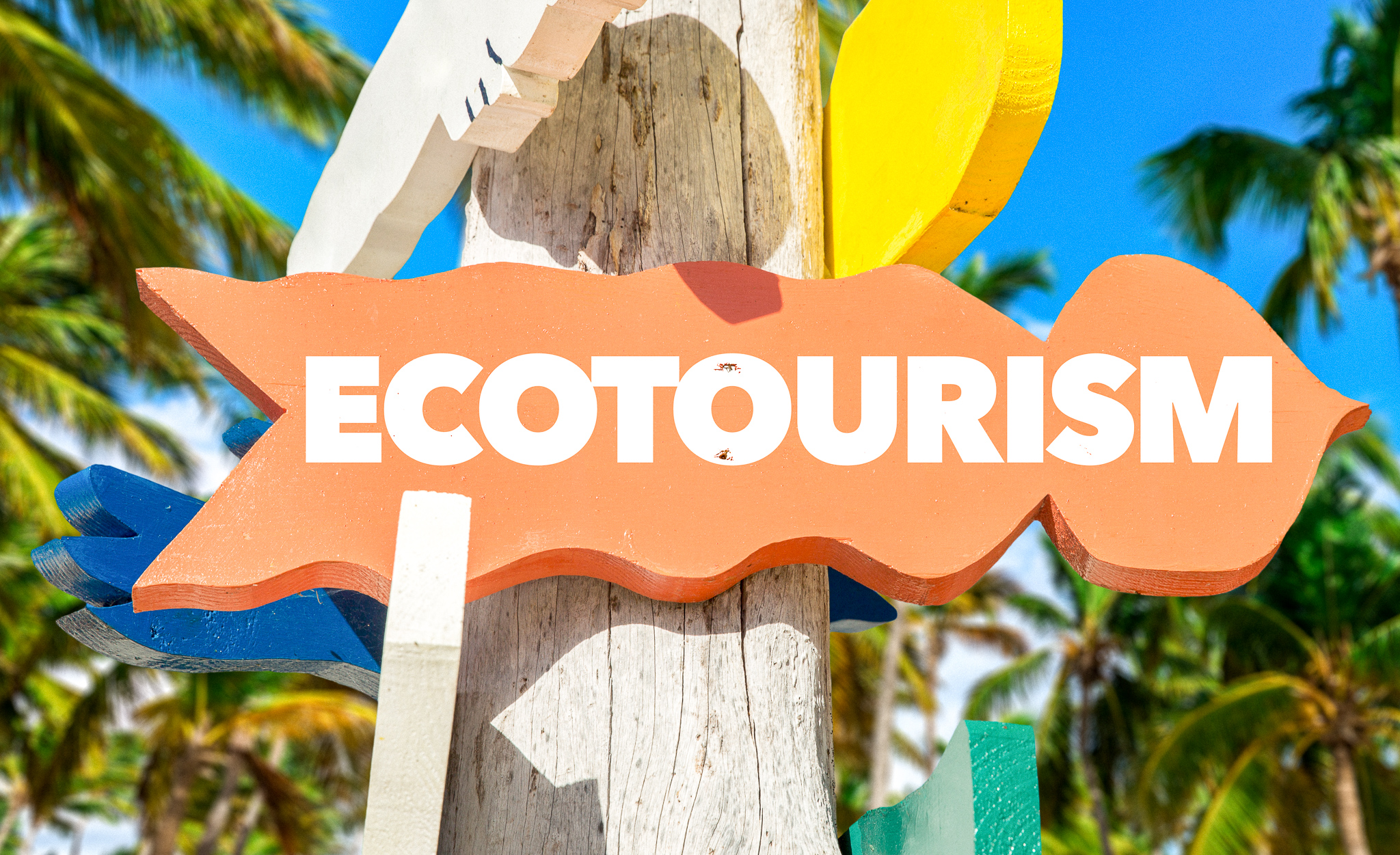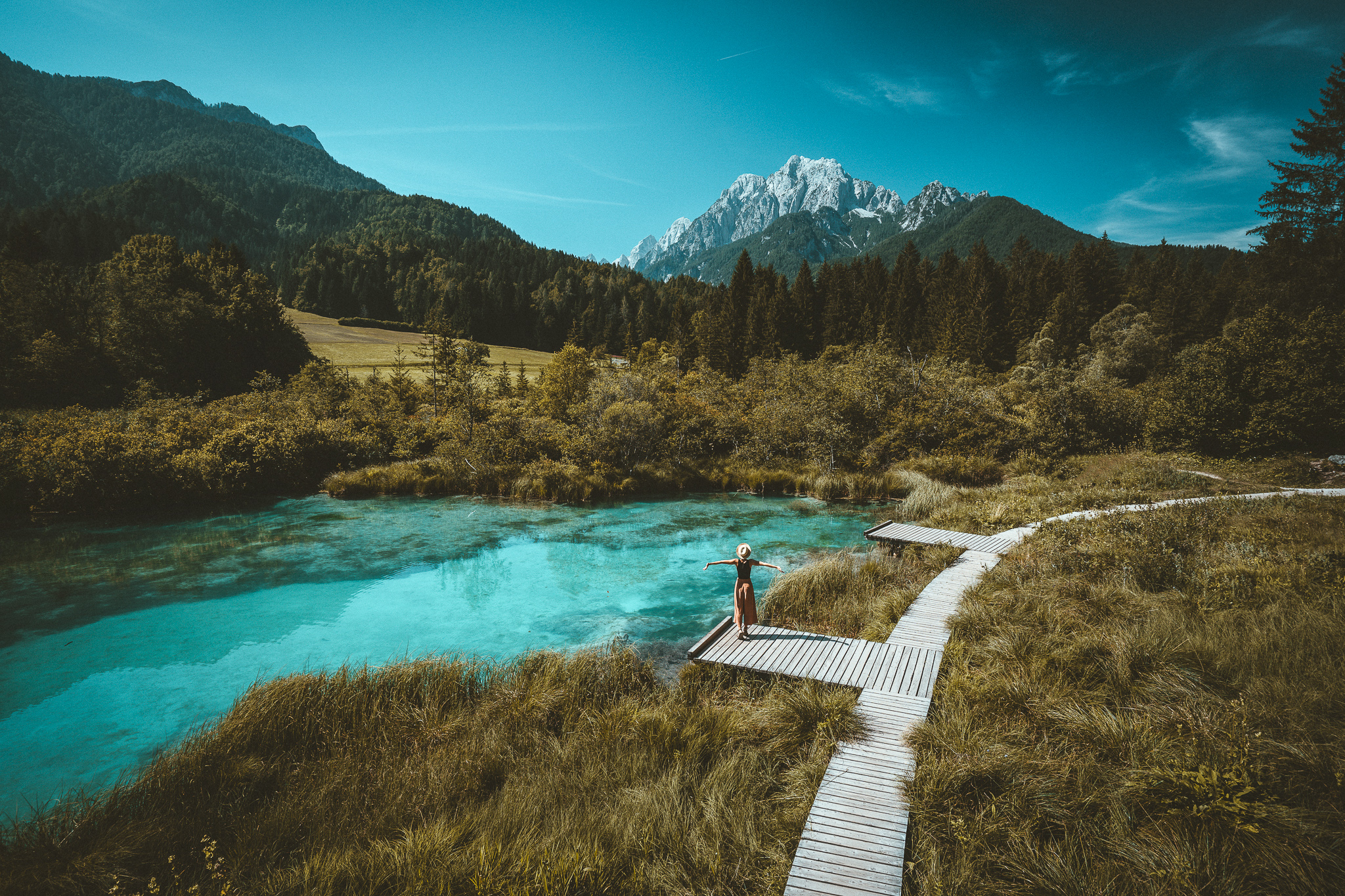Ideally, someone starting an ecotourism business should have both knowledge of and some background in tourism and environmentalism. To create ecotours, you will need to learn about regions that are available to tourists and find out how and where they can find lodging. Knowing local guides, as well as all local rules and regulations regarding visitors is also important before launching any kind of ecojourneys.
Ecotourism, also called sustainable tourism, is a term used to cover a lot of potential travel ideas. For most ecotravelers it is also a learning process that focuses on local culture and wilderness adventures. Popular ecotourism activities include visiting tropical rainforests, studying flora and fauna, hiking in natural parks, and whale-watching trips.
One goal of anyone promoting and/or packaging green vacations is to not feed into common misconceptions. Ecotrips go not only to tropical jungles but to all sorts of natural locations worldwide. Such trips do not require backpacking, nor do they mean staying in huts for accommodations. Travel comes in numerous packages involving various types of accommodations.
The benefits of ecotourism include energy conservation, water conservation and recycling, and engaging in activities that do not harm the natural setting or interfere with local culture. The increased interest in camping and outdoor activities in recent years may indicate that more people are focused on enjoying the outdoors, and that is a good sign for the future. It is important to teach visitors about how to better protect the environment, based on visiting other parts of the world.










